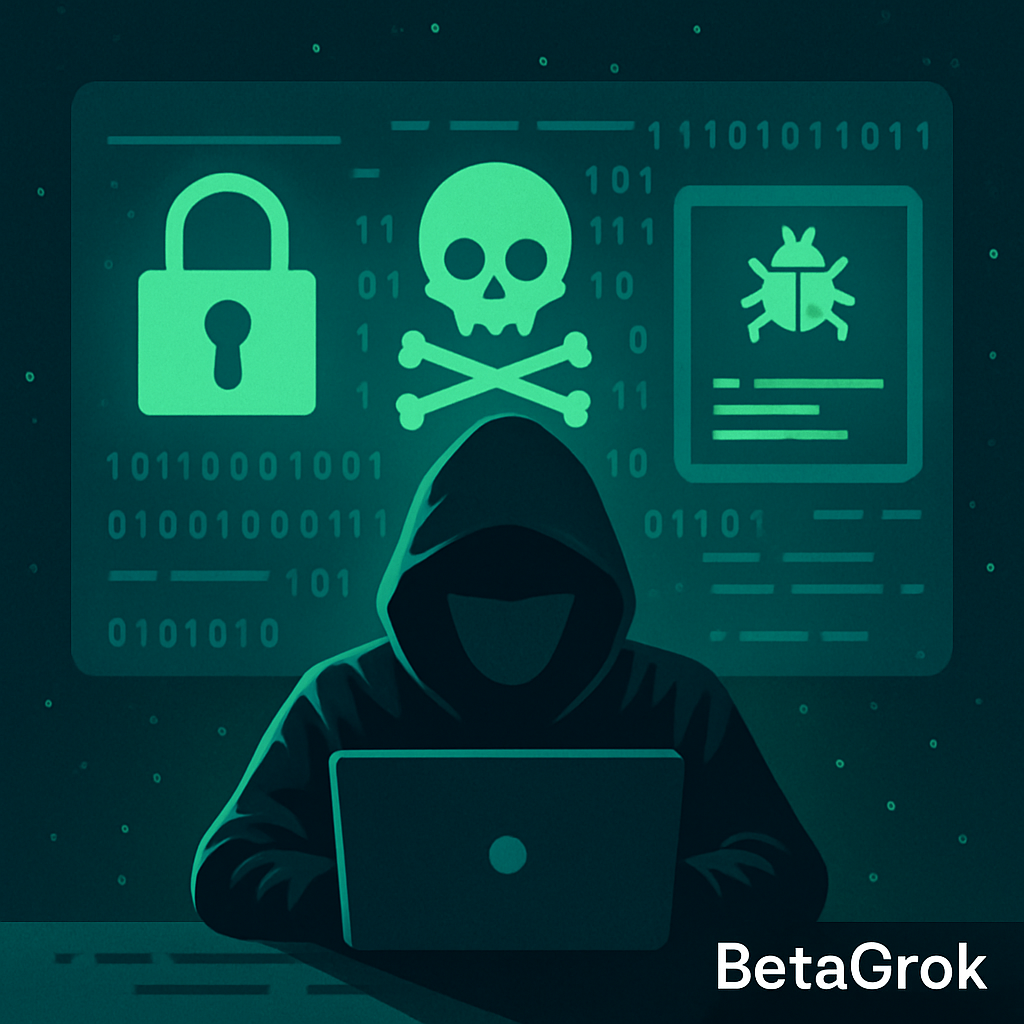Massive Data Breach Exposes Over 16 BILLION Passwords, Sparking Global Panic as Users Race to Secure Their Accounts!

Massive Data Breach Exposes Billions of Logins, Raising Alarms Over Cybersecurity
A colossal, previously undisclosed data breach has compromised over 16 billion login credentials, marking it as one of the largest data leaks ever uncovered. The exposed information includes login details for major platforms like Google, Facebook, Telegram, and GitHub, as well as access to corporate, developer, and government websites.
According to Cybernews, which first reported the breach, the stolen data likely stems from a combination of infostealer malware, credential stuffing databases, and recycled leaks. Experts are sounding the alarm, noting that the widespread lack of multi-factor authentication and passkeys leaves users highly vulnerable.
“This isn’t just a data leakit’s a goldmine for cybercriminals,” Cybernews researchers warned. “With 16 billion login records out there, hackers have a clear path to account takeovers, identity theft, and targeted phishing attacks.”
An info-stealer is a type of malicious software that quietly gathers sensitive information like passwords, financial details, and browsing habits, then sends it to cybercriminals. Unlike keyloggers, which only record what a person types, info-stealers also search devices for stored data such as passwords, cookies, and autofill information.
Researchers discovered 30 datasets, each containing anywhere from tens of millions to over 3.5 billion records, with an average of about 550 million entries per dataset. According to Cybernews, these datasets were briefly exposed online due to unsecured cloud storage. Although they were quickly removed, the brief exposure allowed researchers to collect and analyze them. The source of the leak remains unknown, as the responsible individuals or groups have not been identified.
In a separate case, Coinbase revealed in May that a December breach compromised the data of over 69,000 customers. That same month, cybercriminals attempted to extort the crypto exchange, demanding a $20 million Bitcoin ransom for the stolen customer information. Coinbase refused to pay and instead offered a $20 million bounty to help identify the attackers.
“They demanded $20 million to keep this quiet, and we firmly said no,” Coinbase stated at the time.
Security experts caution that data breaches create significant dangers for both individuals and companies, especially those without robust cybersecurity measures like multi-factor authentication or regular password updates.
“Not every site requires a password reset after a breach is discovered,” a security expert, who chose to remain anonymous, told Decrypt. “People often reuse passwords or slight variations of them, which makes them easy targets.”
The expert added that this recent leak will likely hit smaller websites and individual users with limited cybersecurity resources the hardest.
Could This Breach Have Been Prevented?
The massive scale of the breach is shocking, but the cause isn’t new or overly complex. For those using two-factor authentication (2FA), password managers, or passkeys, the impact may be minimal, as these tools provide strong protection.
“Regular users are at risk,” the expert explained. “But those with 2FA should be safe.”
Multi-factor authentication, such as apps like Google Authenticator or Microsoft Authenticator, adds an extra layer of security by requiring a second form of identity verification—like a code sent via text, an app notification, or biometric checks like face ID or fingerprints.
Passkeys, a newer and more secure alternative to traditional passwords, eliminate the need for login credentials altogether. They rely on cryptographic keys stored on a user’s device and are “origin-bound,” meaning they only work for the specific website or service they’re created for.
Because passkeys are harder to phishing attacks, they’re gaining traction with major companies like Google, Amazon, Apple, and Microsoft, which are increasingly adopting them for enhanced security.




